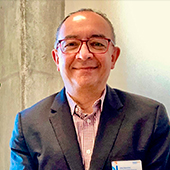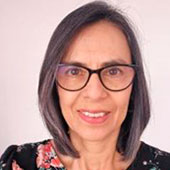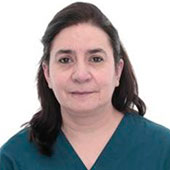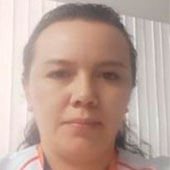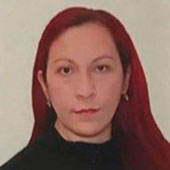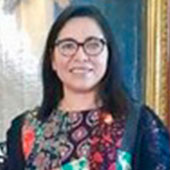Nursing education in a global context: Canada &Colombia
The topics to be developed will include training in basic sciences, fundamentals of care, clinical component, community component, leadership and research. Nursing students from both universities will participate and the strategies will promote academic exchange between them through the use of free access technological tools such as Google translator and Youtube subtitles.
The added values are:
1. 1. Parallel between two programs from two countries with different profiles that enriches the international vision of nursing care by the academic community.
2. Favoring the exchange of students from both universities through technological tools that motivate them to overcome language barriers.
[1] *Only for active students of Universidad del Rosario and Ontario Tech University*.
Organize
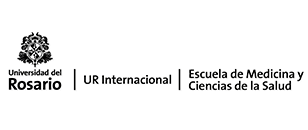
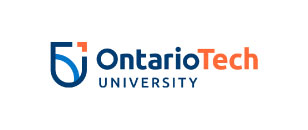
Target audience
Students and teachers from both Universities.
Objectives
Analyze nursing education in a global context based on the examples of education at Ontario Tech University and Universidad del Rosario.
- Describe the legal framework of education and the health care system of the two countries.
- To present the central training aspects in the nursing programs of the two universities.
- To identify similarities and differences in nursing education between the two countries.
Methodology
Remote access, combining asynchronous and synchronous activities. The course will be developed through the Moodle platform. Two weeks before the face-to-face meeting, the platform will be open for the introduction of the course and the presentation among the participants. Facilitators from both universities will be present, Google translation tools and Youtube subtitles will be used. Bilingual teachers will be available to support the translation. In the synchronous part, students will be shown videos recorded by professors from both universities that will develop the central aspects of the topic to be addressed, then there will be a space for questions and finally the facilitating professors will summarize the session. During the two synchronous days the students will conduct a workshop with guiding questions and guided by the facilitators during the last two hours. After the last face-to-face session, students will have one week to finalize the workshop, which will be the deliverable. This will be supported by the facilitators.
Benefits
a. Opportunity for international academic exchange
b. Strengthening of relations between peer programs
c. Consolidation of the international context of nursing care d. Certificate of participation signed by both institutions
Speakers

Hilde Zitzelsberger

Arlene De la Rocha

Efrosini Papaconstantiou

Leslie Graham

Ginny Brunton

Colleen Wilkinson
Organizing Committee
The academic coordinator Ángela Fernanda Espinosa Aranzales is an Associate Professor, director of the nursing program of the EMCS-Universidad del Rosario with a PhD in medical research and international health-LMU, Master and specialist in epidemiology-Universidad CES-URosario, Specialist in environmental health - El Bosque University and Nurse - UPTC.
The administrative coordinator Natalia María Sánchez Vivares is a professional in International Relations, Specialist in Business Management and Master in International Affairs. She has extensive experience in structuring academic inputs and internationalization of education. She is currently the Coordinator of International Academic Offering of the Chancellor's Office of the Universidad del Rosario. E-mail: nataliam.sanchez@urosario.edu.co


